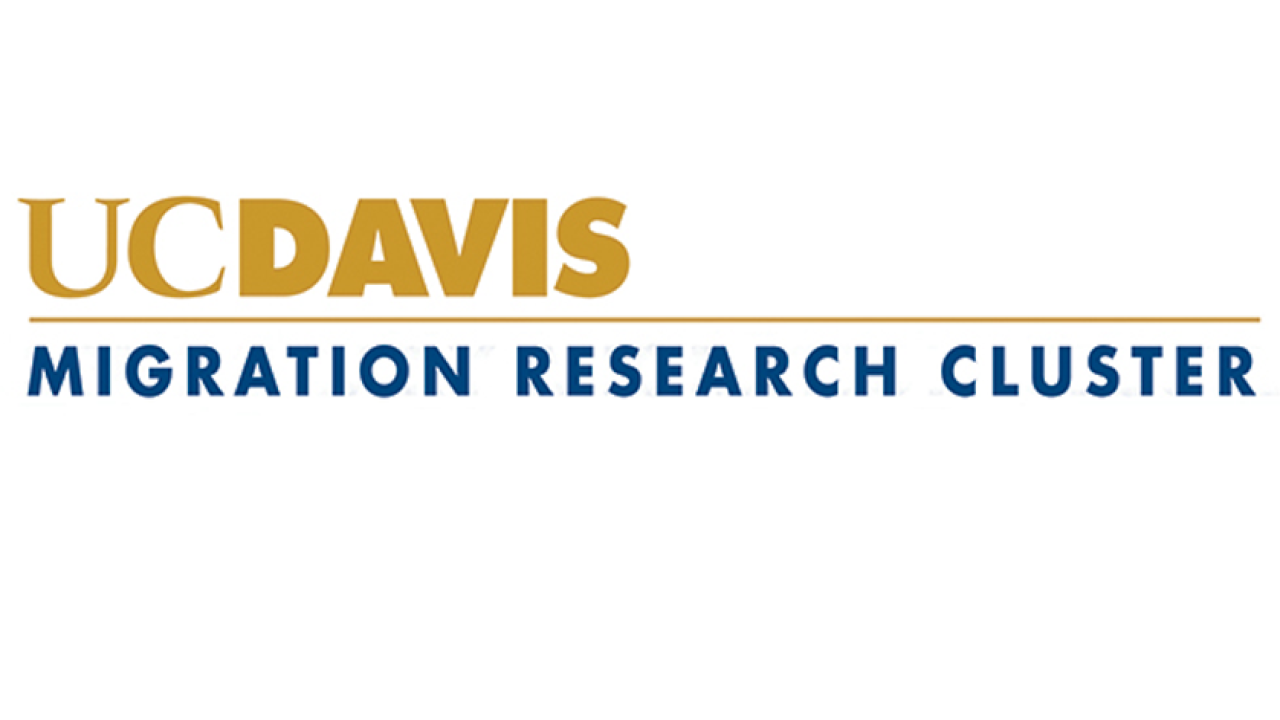
Event Date
 In September 2017 Hurricanes Irma and Maria struck Puerto Rico in rapid succession, killing thousands, devastating the island's infrastructure, and leaving many of its homes uninhabitable. Faced with a long and uncertain recovery, many Puerto Ricans instead opted to move to the US mainland, where as US citizens they enjoy full rights to work and vote. Using various data sources, including data from FEMA disaster relief applications, we show that rather than spreading uniformly throughout the contiguous states these evacuees tended to cluster heavily in relatively few areas. This provides a unique opportunity to measure with some precision the impact of a sudden increase in labour supply on the local labour market outcomes of natives. We aggregate the QCEW data by commuting zone to measure the impact of these migrant inflows on outcomes in Orlando, which received by far the largest number Puerto Rican evacuees in the months following Hurricane Maria.
In September 2017 Hurricanes Irma and Maria struck Puerto Rico in rapid succession, killing thousands, devastating the island's infrastructure, and leaving many of its homes uninhabitable. Faced with a long and uncertain recovery, many Puerto Ricans instead opted to move to the US mainland, where as US citizens they enjoy full rights to work and vote. Using various data sources, including data from FEMA disaster relief applications, we show that rather than spreading uniformly throughout the contiguous states these evacuees tended to cluster heavily in relatively few areas. This provides a unique opportunity to measure with some precision the impact of a sudden increase in labour supply on the local labour market outcomes of natives. We aggregate the QCEW data by commuting zone to measure the impact of these migrant inflows on outcomes in Orlando, which received by far the largest number Puerto Rican evacuees in the months following Hurricane Maria.
We find positive local impacts from their labour supply as well as their impact on local aggregate demand. Using a synthetic control approach, we find that overall employment in Orlando increased by over 1.5% two quarters after the hurricanes hit, and by well over 3% in the construction sector, without any significant decrease in wages. Each sector in which Puerto Ricans are disproportionately employed saw significant positive gains in at least one of employment, compensation, and the number of establishments, and no significant negative effects. We additionally plan to use Florida voter registration data, as well as nation-wide, district level election data to study the political impact of these newly-arrived, eligible voters on the 2018 midterm elections.
Registration closes on May 29 at 12 pm.